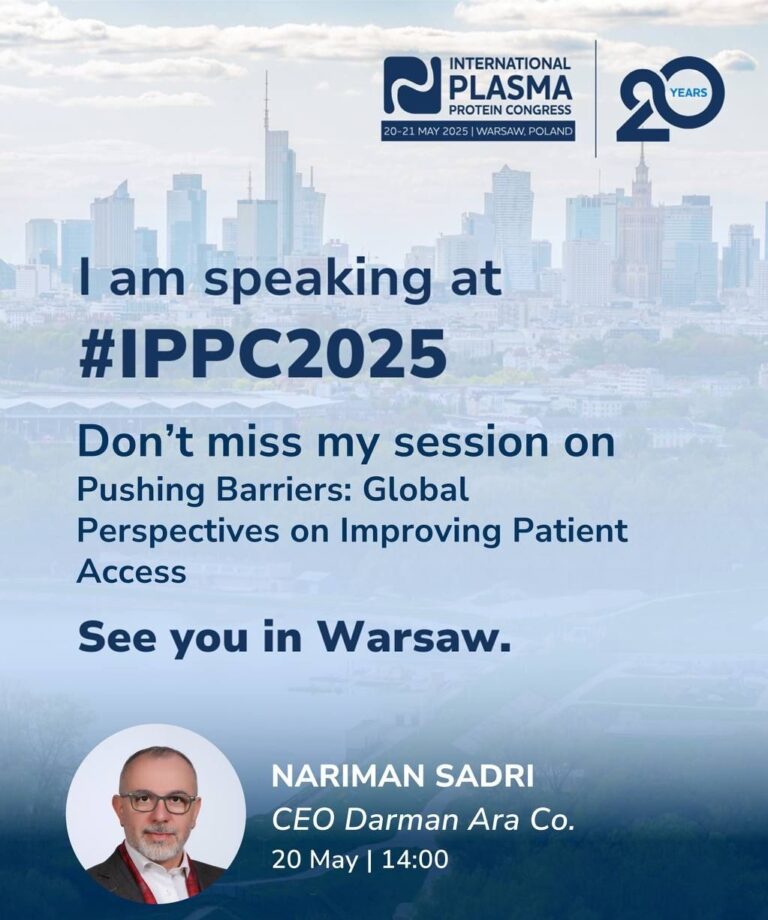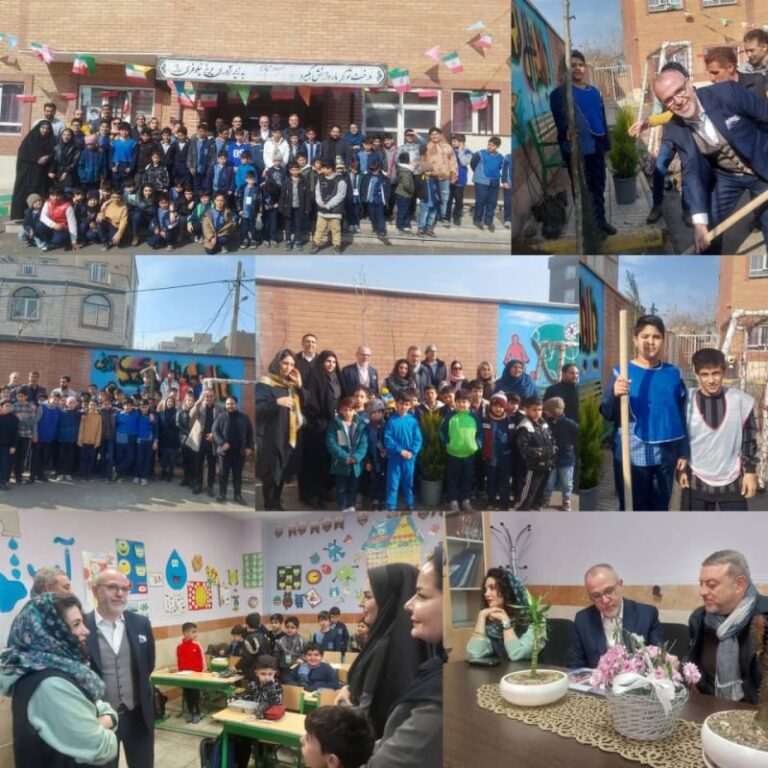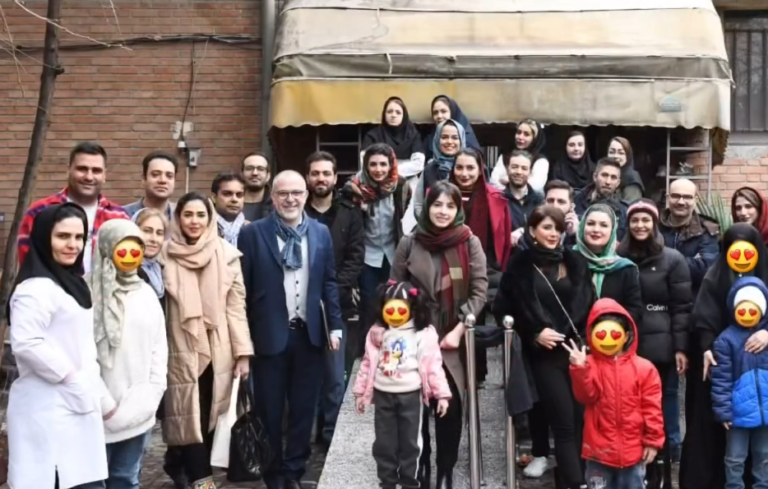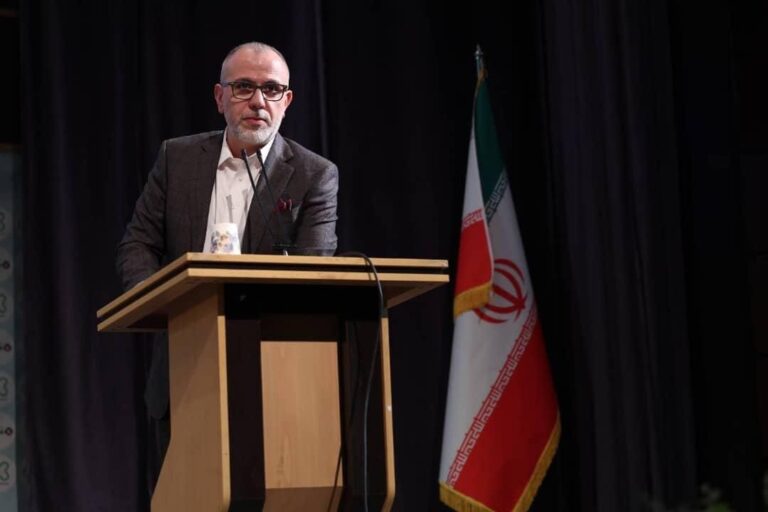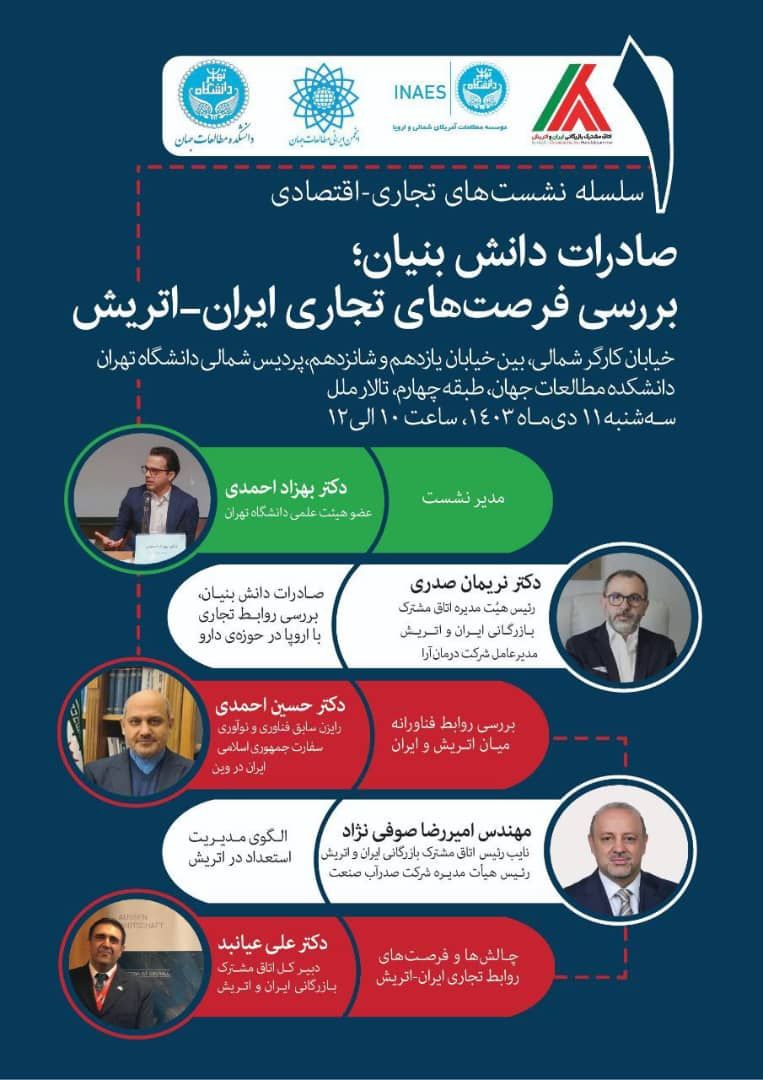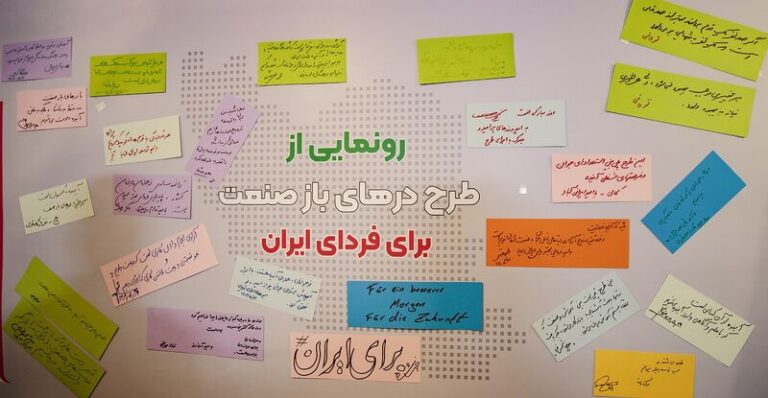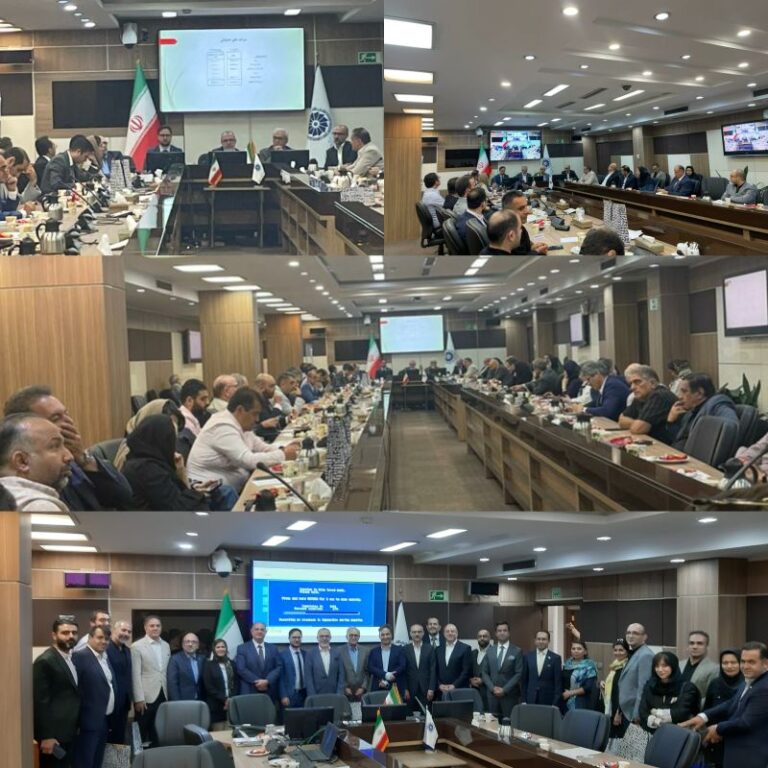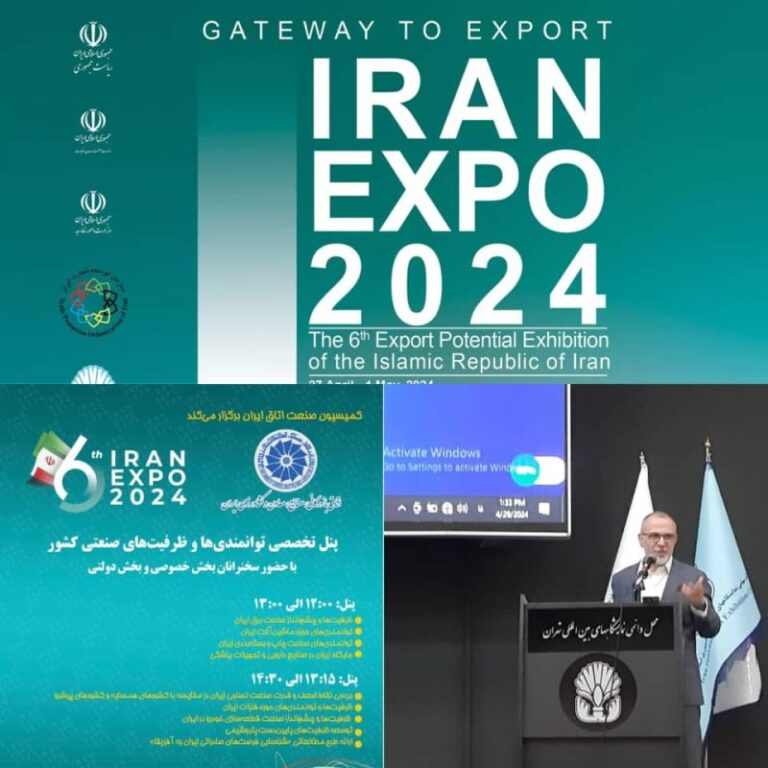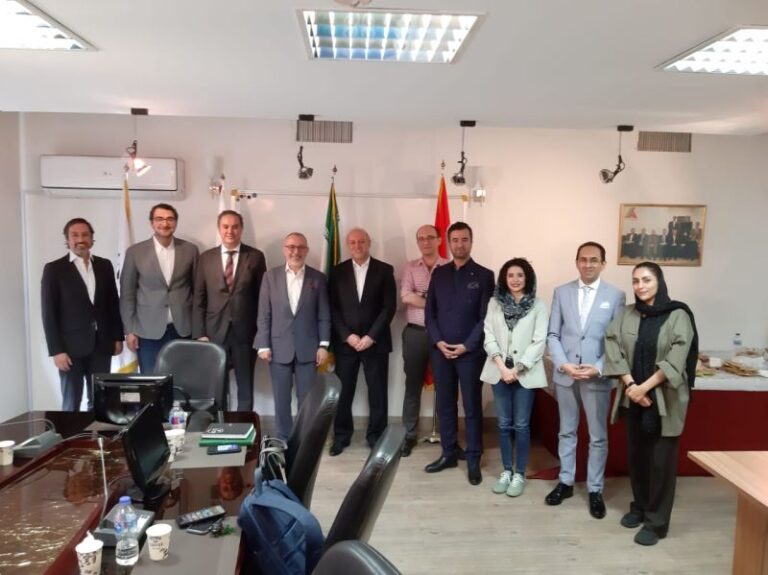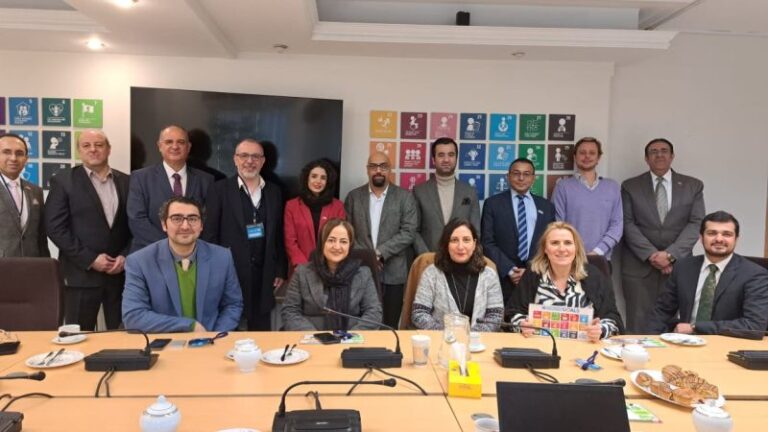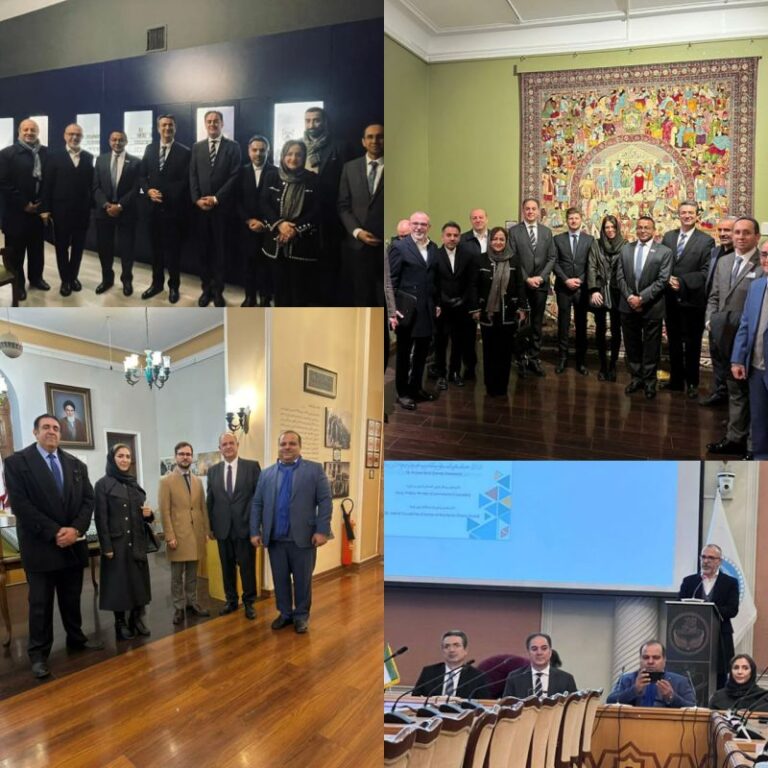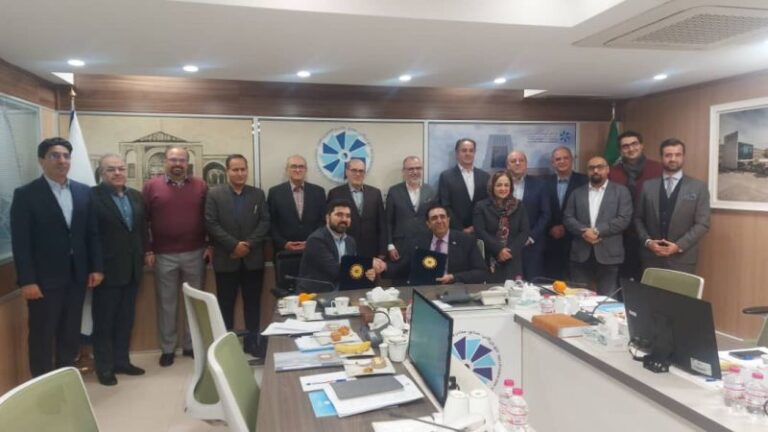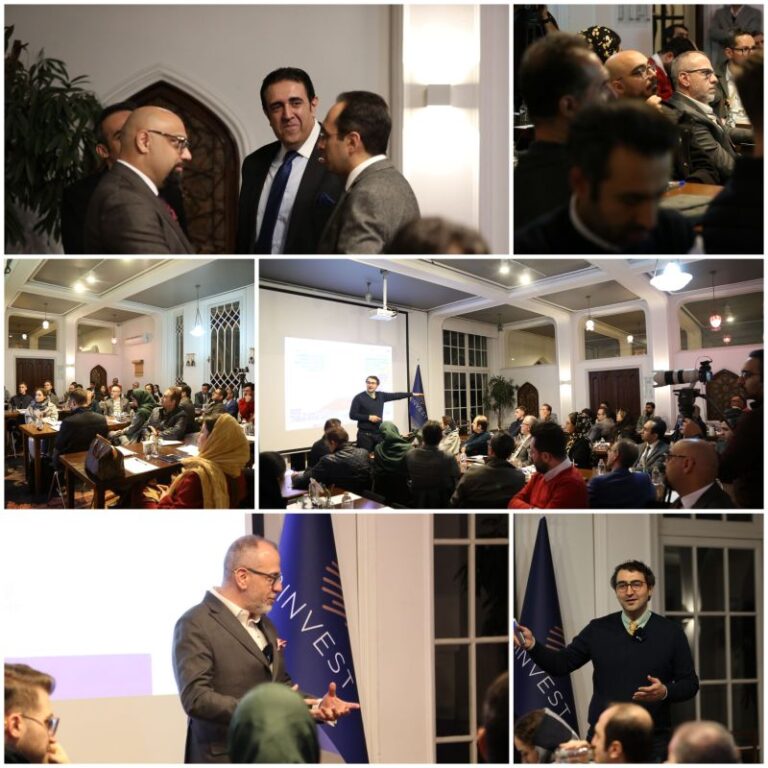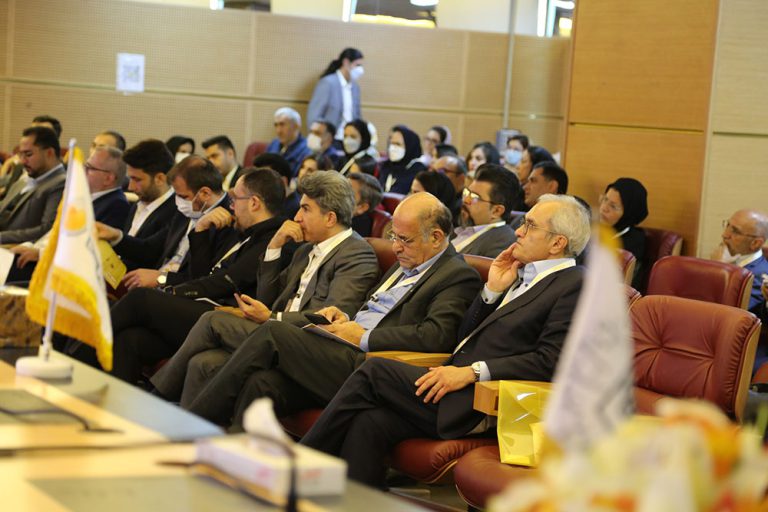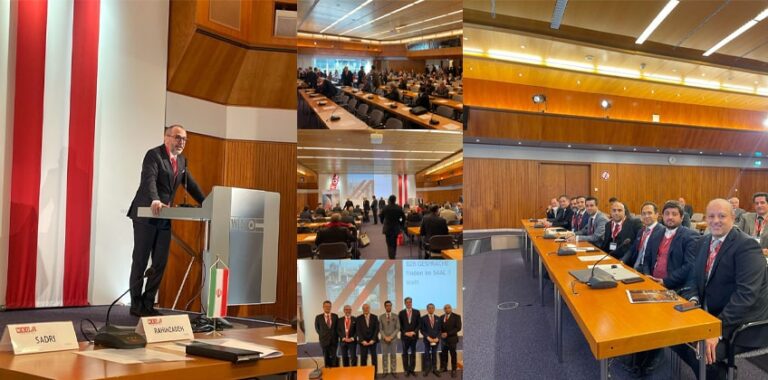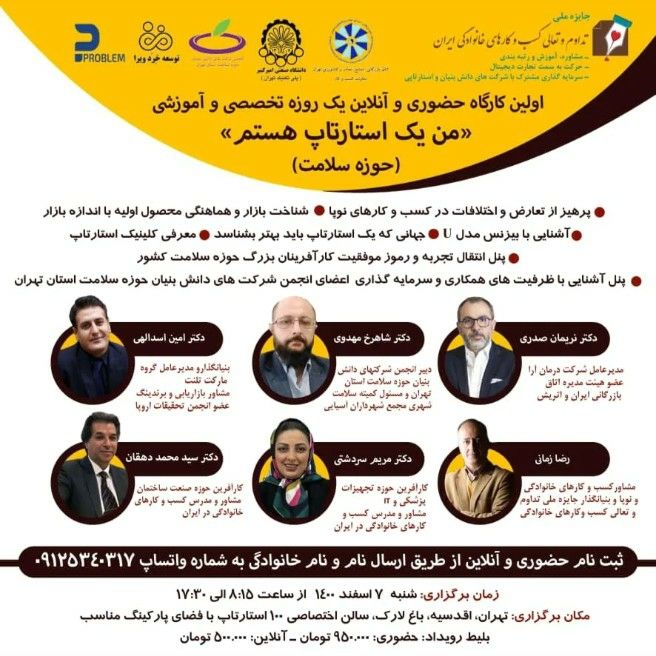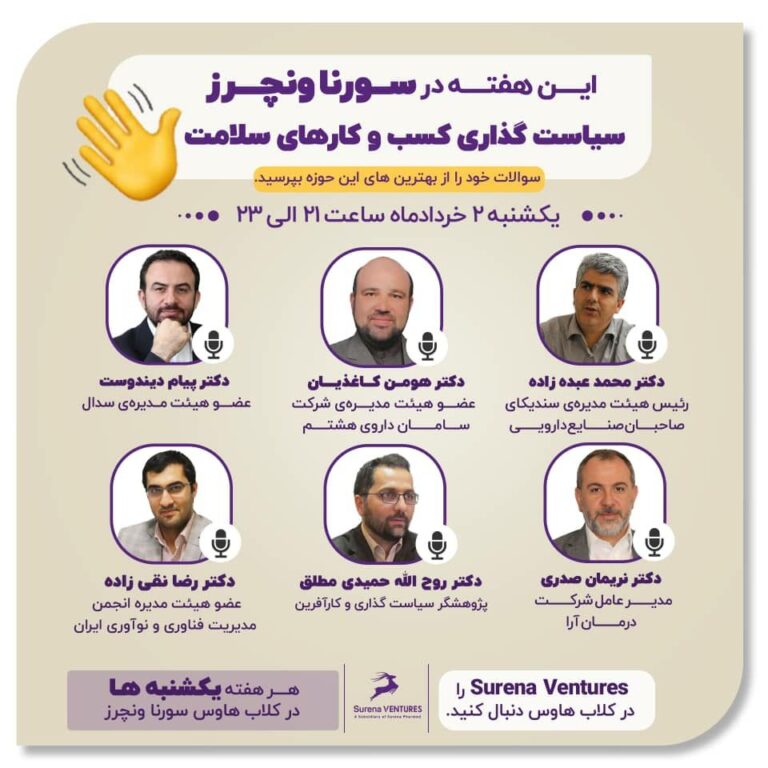Although the import of foreign goods may diminish the motivation of domestic producers to produce more, we should not forget that interacting with international markets and creating a competitive environment in production and trade leads to the growth and development of domestic industries, preparing national production for a presence in the vast export markets. This is provided that domestic production adds value, rather than simply transferring materials from one package to another. In addition, a balance must be maintained where consumer rights are considered.
Insisting on preventing the import of pharmaceutical raw materials, which are produced in China and India based on economies of scale to meet the needs of the global pharmaceutical industry, and emphasizing the production of non-competitive products in Iran, not only violates the rights of consumers, which are pharmaceutical factories, but also weakens the industrial foundations of the country. It leads to an addiction to the opium of purchasing raw materials from these same countries, often with just a few simple intermediate processes, or sometimes no processes at all, transferring from one package to another. Meanwhile, as a complete irony, the pricing of pharmaceutical raw materials is done by the industry itself, whereas, in contrast to the final products of pharmaceutical factories, which are priced through strict controls and punitive pricing, the pricing of these raw materials imposes an additional burden on the pharmaceutical industry in the country. I must emphasize here that there are distinguished scientists in the pharmaceutical raw material production sector who are doing extraordinary scientific and industrial work and are exemplary and beloved suppliers of the pharmaceutical industry. However, the structure is simply shaped in such a way that only in a utopia could corruption be prevented—and who among us believes we are living in a utopia?
Here, there is a major business sophistry. The argument made by defenders of this domestic production approach is that without support, the country’s pharmaceutical industry will not be able to obtain raw materials due to international sanctions, leading to widespread drug shortages. However, these companies themselves, under the best conditions, purchase the very same raw material from China and India as a precursor one or two steps before the final raw material, and with a few industrial or sometimes semi-industrial processes, they end up with the final raw material. Therefore, if a shortage occurs due to sanctions, it would be because the precursor material cannot be obtained, and ultimately, the final raw material will not be available.
This type of business sophistry is a form of misleading sophistry, also known as the false cause fallacy, meaning that because sanctions are a major economic barrier to the country’s development, domestic production is valuable, and drug shortages could create a humanitarian crisis, a conclusion is drawn from the premises that is false. Upon careful examination, the misleading nature of the argument becomes apparent.
What kinds of business sophistries have you encountered? Let’s think about it together…


